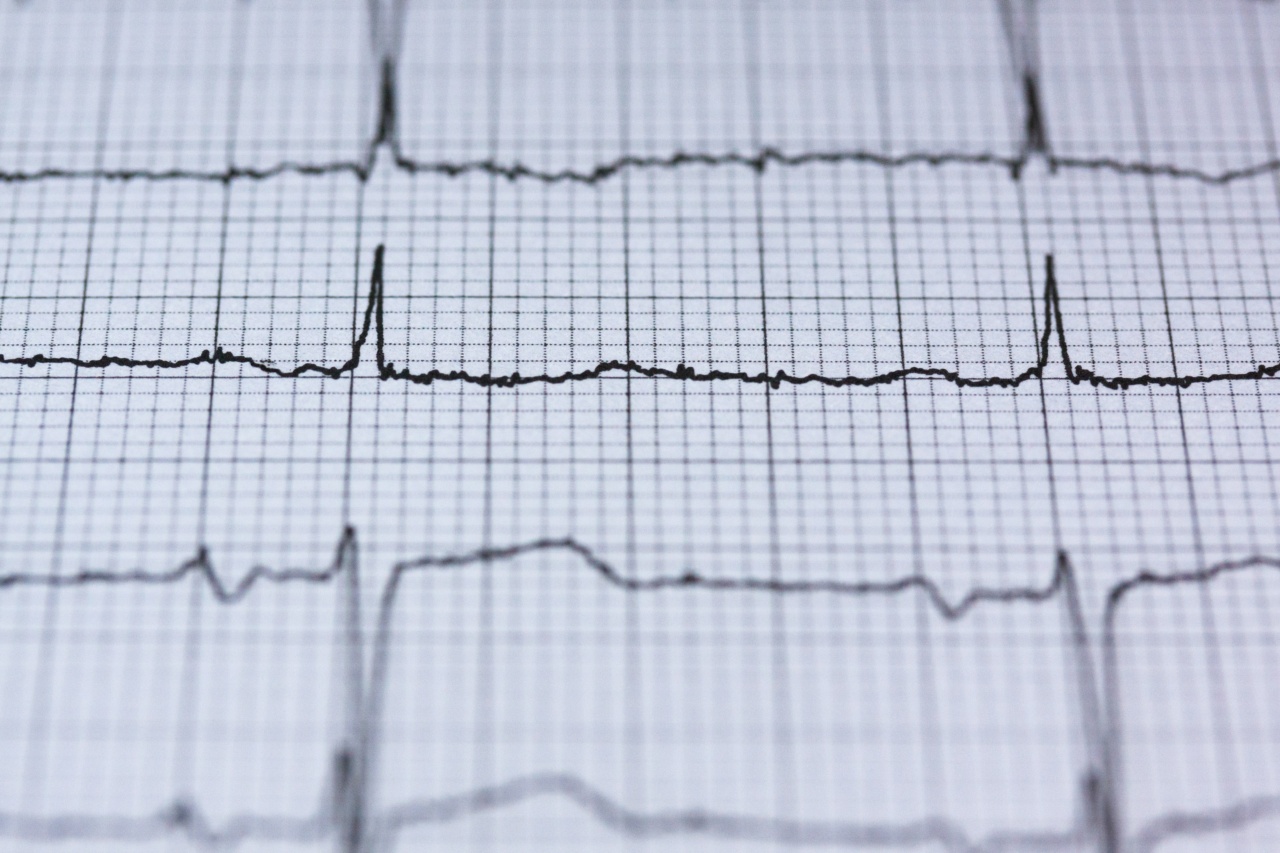For decades now, heart disease has been the leading cause of death worldwide, surpassing even infectious diseases.
While traditional measures such as a healthy diet and regular exercise are critical for improving heart health, emerging research has shed light on new and innovative ways to keep the heart healthy and reduce the risk of cardiovascular disease.
The Role of the Microbiome in Heart Health
The microbiome, a complex and diverse community of microorganisms that reside in the gut, has gained significant attention in recent years.
Not only does it help with digestion and immune system function, but it also appears to play a crucial role in heart health. Studies have found that an imbalance in the gut microbiome can contribute to the development of atherosclerosis, a condition characterized by the buildup of plaque in the arteries that can lead to heart attack or stroke.
Researchers are still working to understand the precise mechanisms by which the microbiome affects heart health, but evidence suggests that gut bacteria can influence the body’s inflammation levels, cholesterol levels, and blood pressure, all of which are key risk factors for heart disease.
The Link Between Sleep and Heart Health
A good night’s sleep is essential for overall health and well-being, but it may also play a role in heart health.
Studies have shown that people who don’t get enough sleep or who have poor quality sleep are more likely to develop hypertension, a major risk factor for heart disease. Lack of sleep may also contribute to obesity, another factor that increases the risk of heart disease.
Researchers are still working to understand the complex relationship between sleep and heart health, but it’s clear that getting enough restful sleep is crucial for reducing the risk of cardiovascular disease.
Reducing Stress for a Healthier Heart
Stress is an inevitable part of life, but too much of it can take a toll on the heart.
Chronic stress can contribute to hypertension, atherosclerosis, and other cardiovascular problems, placing added strain on the heart and increasing the risk of heart attack or stroke.
However, there are many effective techniques for managing stress, including meditation, yoga, deep breathing, and exercise.
By incorporating stress-reduction strategies into everyday life, it’s possible to reduce the impact of stress on the body and protect heart health.
The Benefits of Mindful Eating for Heart Health
What we eat can have a profound impact on our heart health. While there’s no one-size-fits-all diet that’s perfect for everyone, there are some general guidelines that can help keep the heart healthy.
In particular, a diet that’s high in fruits, vegetables, whole grains, and lean protein is associated with a lower risk of heart disease.
But it’s not just what we eat that matters; it’s also how we eat. Mindful eating is a technique that involves paying attention to the sensory aspects of food, such as its texture, flavor, and aroma.
This approach can help us slow down and enjoy our food, preventing us from overeating and making unhealthy choices that can harm the heart.
The Role of Exercise in Heart Health
Regular physical activity is one of the best things we can do for our heart health. Exercise helps increase muscle strength, improve circulation, and reduce the risk of chronic diseases such as obesity, diabetes, and hypertension.
The American Heart Association recommends getting at least 150 minutes of moderate-intensity exercise or 75 minutes of vigorous exercise per week for optimal heart health.
This can include activities such as brisk walking, cycling, swimming, or weightlifting.
Hydration and Heart Health
Drinking plenty of water is crucial for overall health and well-being, including heart health. Dehydration can cause the blood to thicken, which can increase the risk of blood clots or other cardiovascular problems.
Drinking enough water can also help maintain healthy blood pressure levels.
Experts typically recommend drinking at least eight glasses of water per day, but the specific amount needed varies depending on factors such as age, gender, and activity level.
The Importance of Regular Health Screenings
Regular health screenings, including blood pressure and cholesterol checks, are essential for maintaining heart health. Catching conditions such as hypertension or high cholesterol early can help prevent serious complications down the road.
The American Heart Association recommends regular blood pressure checks starting at age 20, and cholesterol checks starting at age 35 for men and 45 for women.
However, individuals with a family history of heart disease or other risk factors may need to start screenings at an earlier age.
The Future of Heart Health Research
As research into heart health continues, it’s likely that we’ll learn even more about the best ways to keep the heart healthy and reduce the risk of cardiovascular disease.
For instance, researchers are exploring the potential of artificial intelligence to predict and prevent heart disease, as well as genetic testing to identify individuals who may be at increased risk.
As our understanding of heart health improves, we’ll continue to develop new and innovative strategies to keep the heart healthy and reduce the burden of heart disease worldwide.




























